When Lucy’s choir teacher asked me a few weeks ago to tell him more about what’s going on with Lucy, I realized we needed a little teacher meeting.
Knowledge is power, and I realized none of her teachers really knew what was going on with this girl.
So her “helper” at school set up a zoom call and Dave and I sat there at my desk, all those good people’s faces up on the screen, all trying to figure out how we can help that stubborn and wonderful girl of ours.
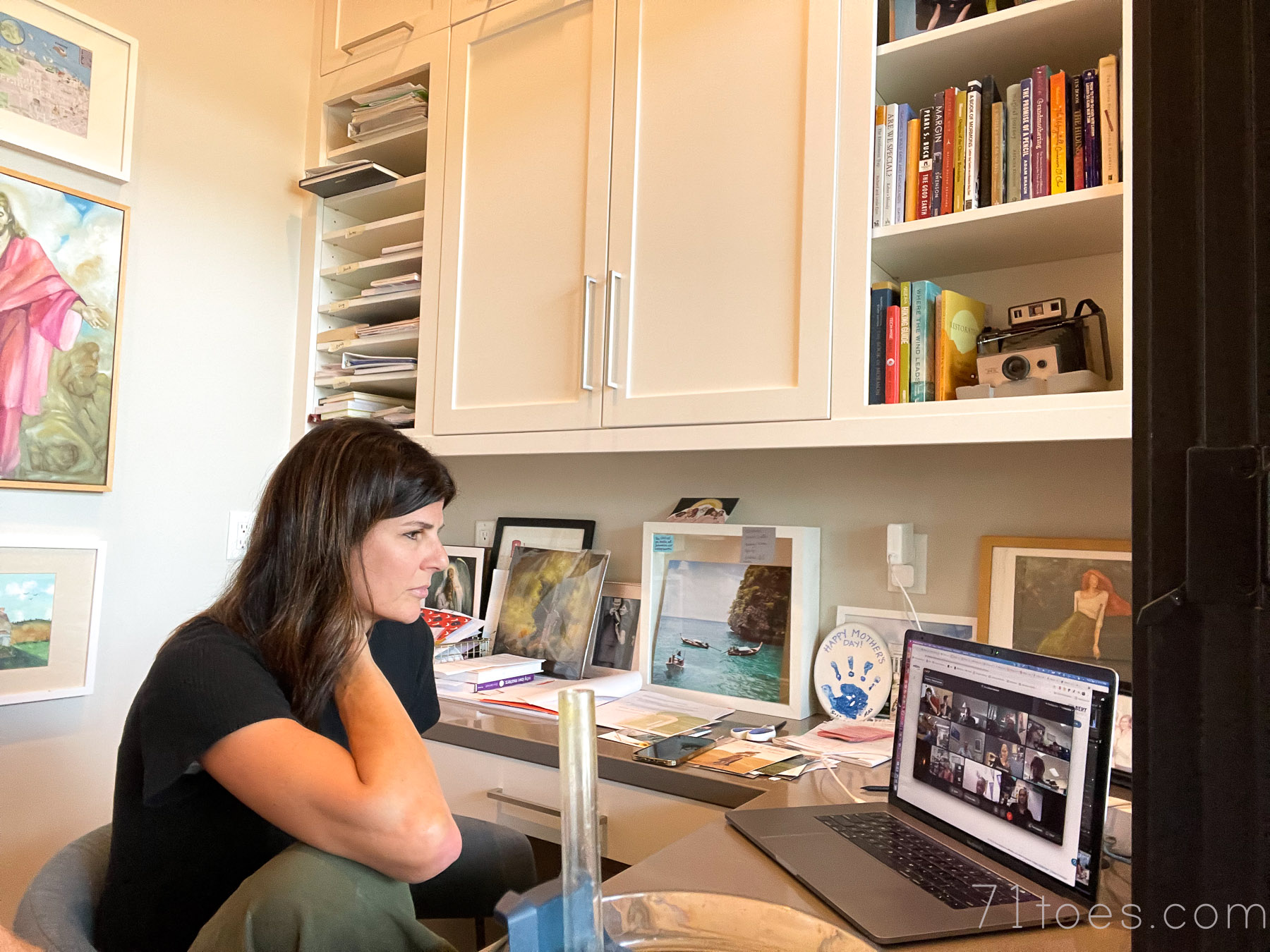
The main part of the discussion was centered around her “para,” someone who follows her around at school and makes sure she’s safe, advocates for her. She had been writing me notes/emails every day lamenting this poor woman who undoubtedly Lucy has not given the time of day to meet. Her emails are the best. She is a good writer. But they are also sad because she explained how the para makes her feel like she is dumb and having a para, to her, is a symbol of her inability to do things herself.
We have, of course, talked until we are blue in the face about all the wonderful things people like this can provide:
She can’t see the worksheet for the test = she can have someone read it to her so she can actually show her knowledge.
She can’t see the project she’s supposed to work on as a group because the teacher has turned down the lights = the para can advocate for her and get more light, provide a desk light, etc.
She can’t maneuver through her assignment on her chromebook = the para can help her navigate.
It’s all for her learning and growing.
But no matter what we say, if it has to do with her para it equals that she is incompetent and good-for-nothing (in her mind).
We had a pretty emotional talk after that, sitting in her bedroom, just the three of us. Finally got to the bottom of the fact that somehow, she feels like the more she puts off learning the skills that will help her with her vision loss, maybe she won’t actually lose her vision. No, doesn’t make any sense rationally, but I can understand pushing away reality when something tough is on the horizon.
We all can, right?
She wants to hold on to all the light she can with all her might.
Oh we talked and talked, spilled out love and tears. In the end we came up with a deal to lose the para for now, but accept all the other help that she possibly can so that some day she really can be independent like she’s dreaming to be, armed with all the tools she will be given from letting people help her now.
There have been other developments since then, but for now, I share this little snippet because of this special day coming up tomorrow:

And I want to do my part to raise awareness.
Because Bardet-Biedl Syndrome isn’t well-known.
In fact, it’s a very rare genetic disorder (I think approximately 300 cases are known in the United States).
But there is reason to believe there are actually closer to 3,000 in the U.S. with the syndrome that are undiagnosed.
And the more people that are aware, the more research that will be done.
The more likely researches will be to find some sort of remedies.
No matter how big or small, we will take them.
Lucy will take them, you can bet on that.
And Dave and I want to do everything we possibly can to help.
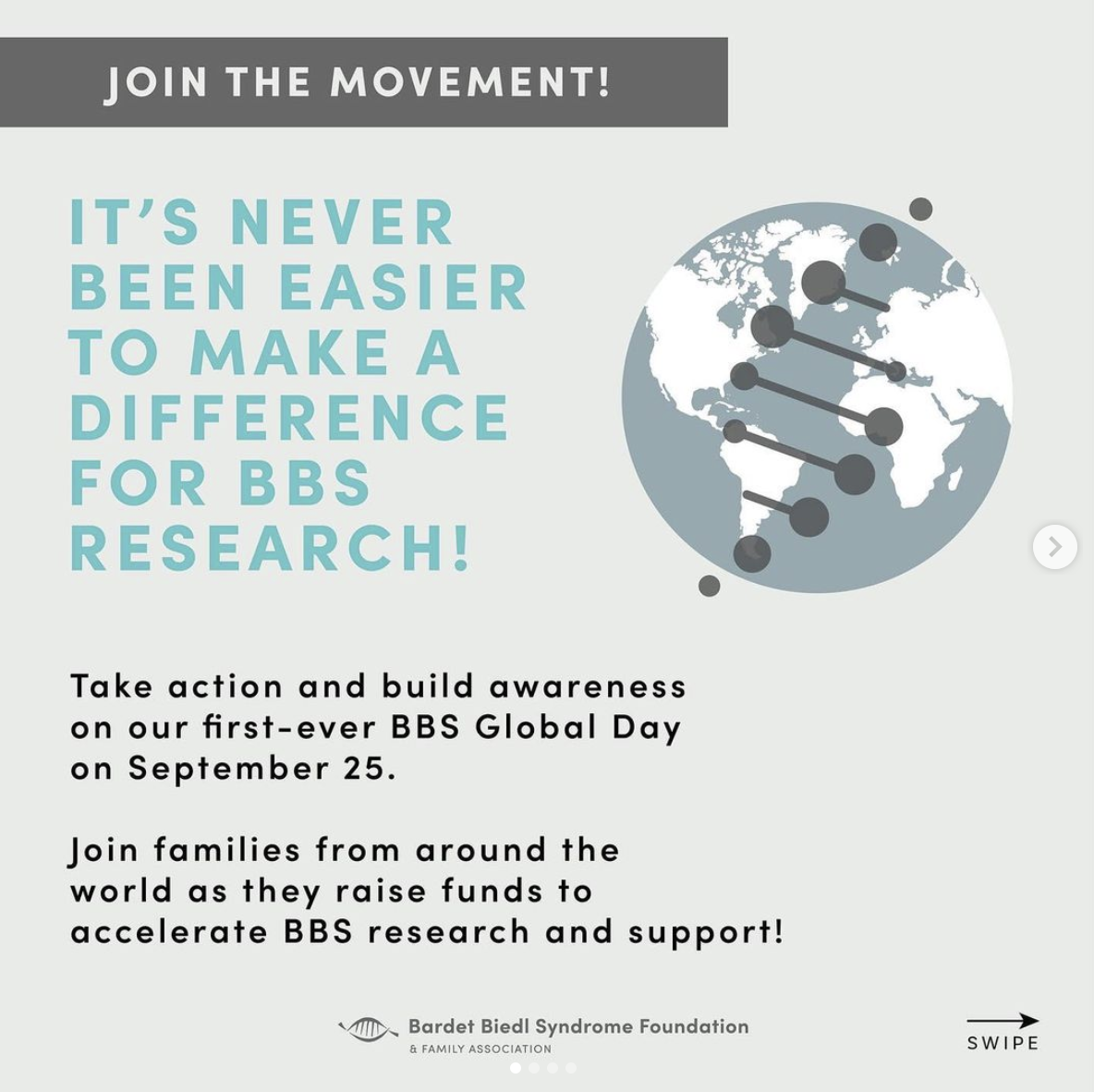
We are not doing a specific fundraiser tomorrow since we are saving all our efforts for the big Turkey Trot coming up next month (so exciting after taking off a year for Covid).
But I did want to at least post here.
Because there is so much to share even on the web about this syndrome WE WANT TO CURE.
Somehow.
Some day.
So go check it out HERE.
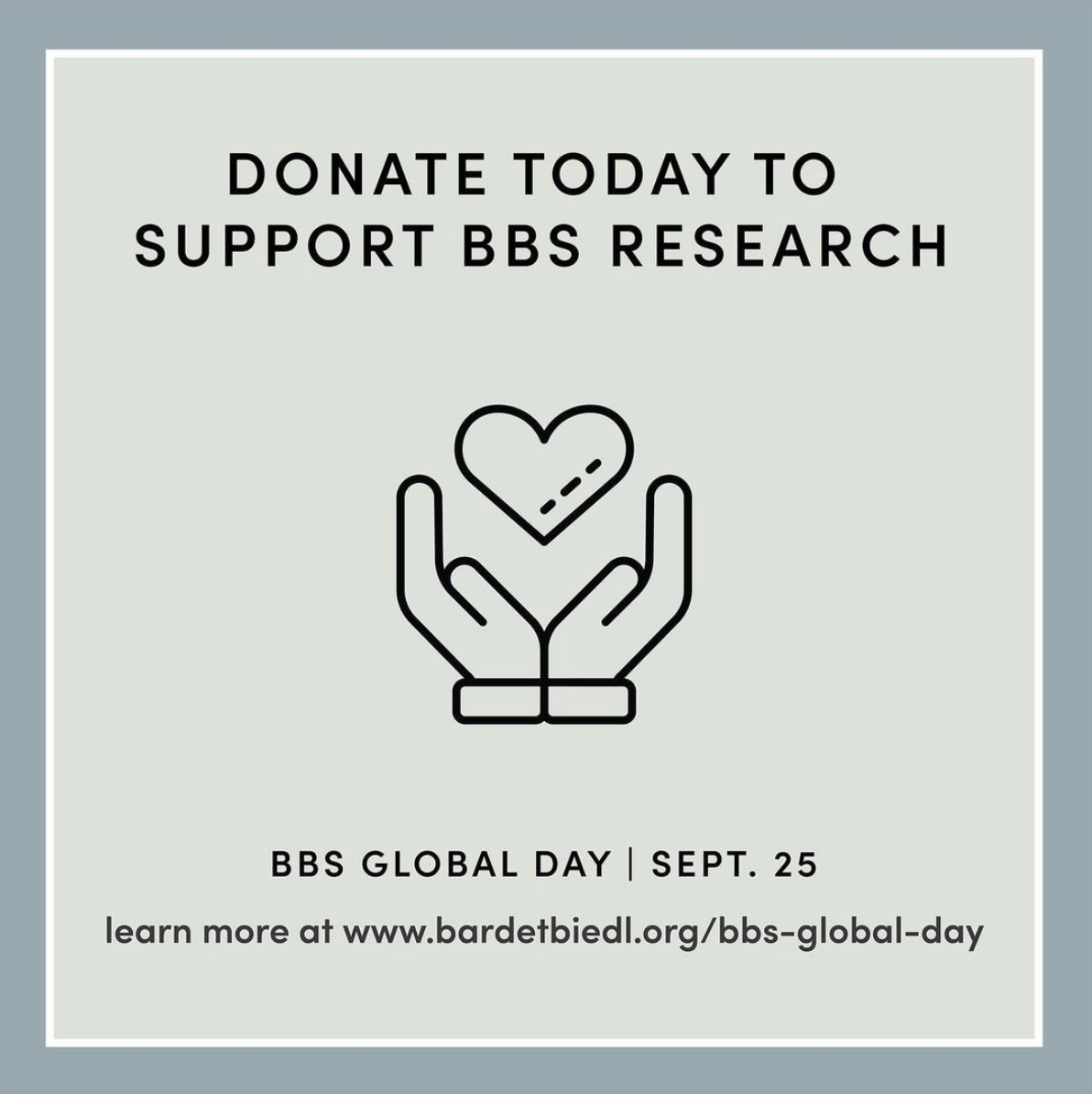
Sending love to all those blog readers who have had Lucy’s back for all these years, through donations and comments and emails and kindness, buoyed us up in myriads of ways.
SO GRATEFUL FOR YOU!
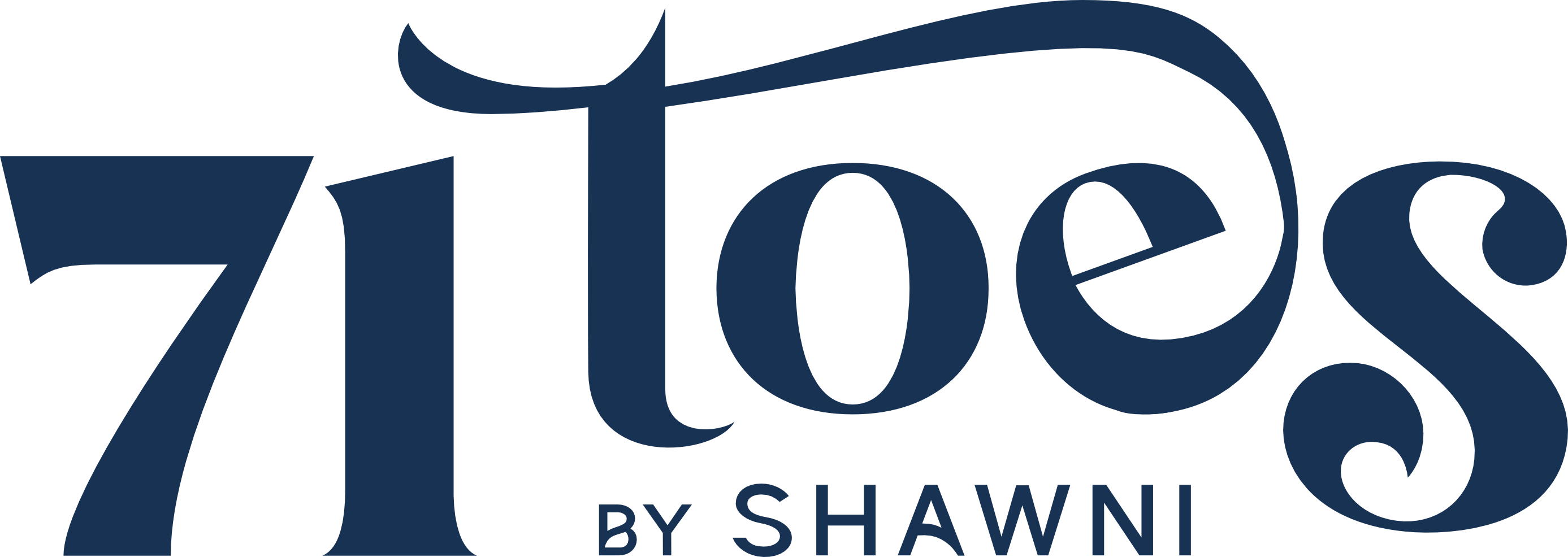
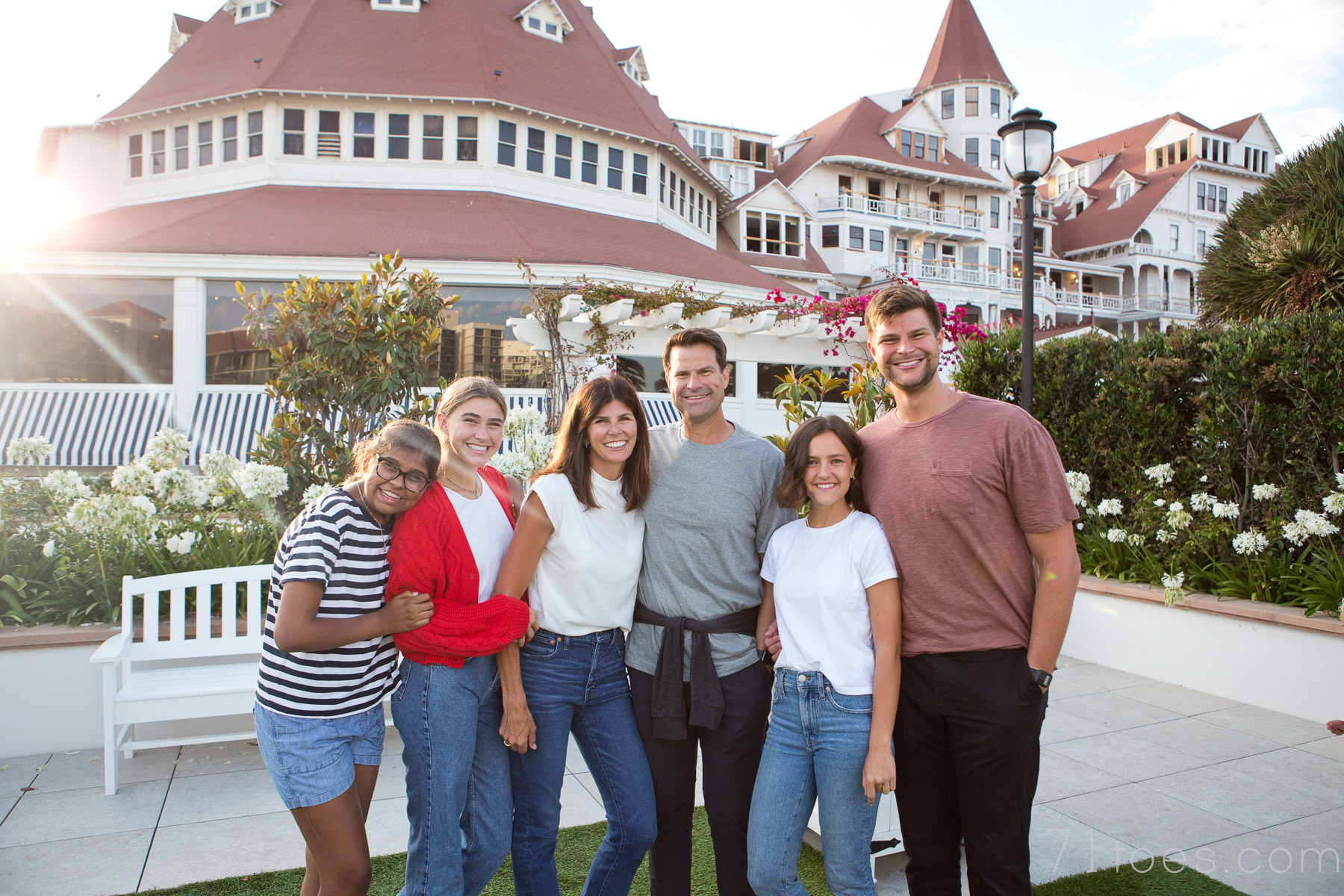
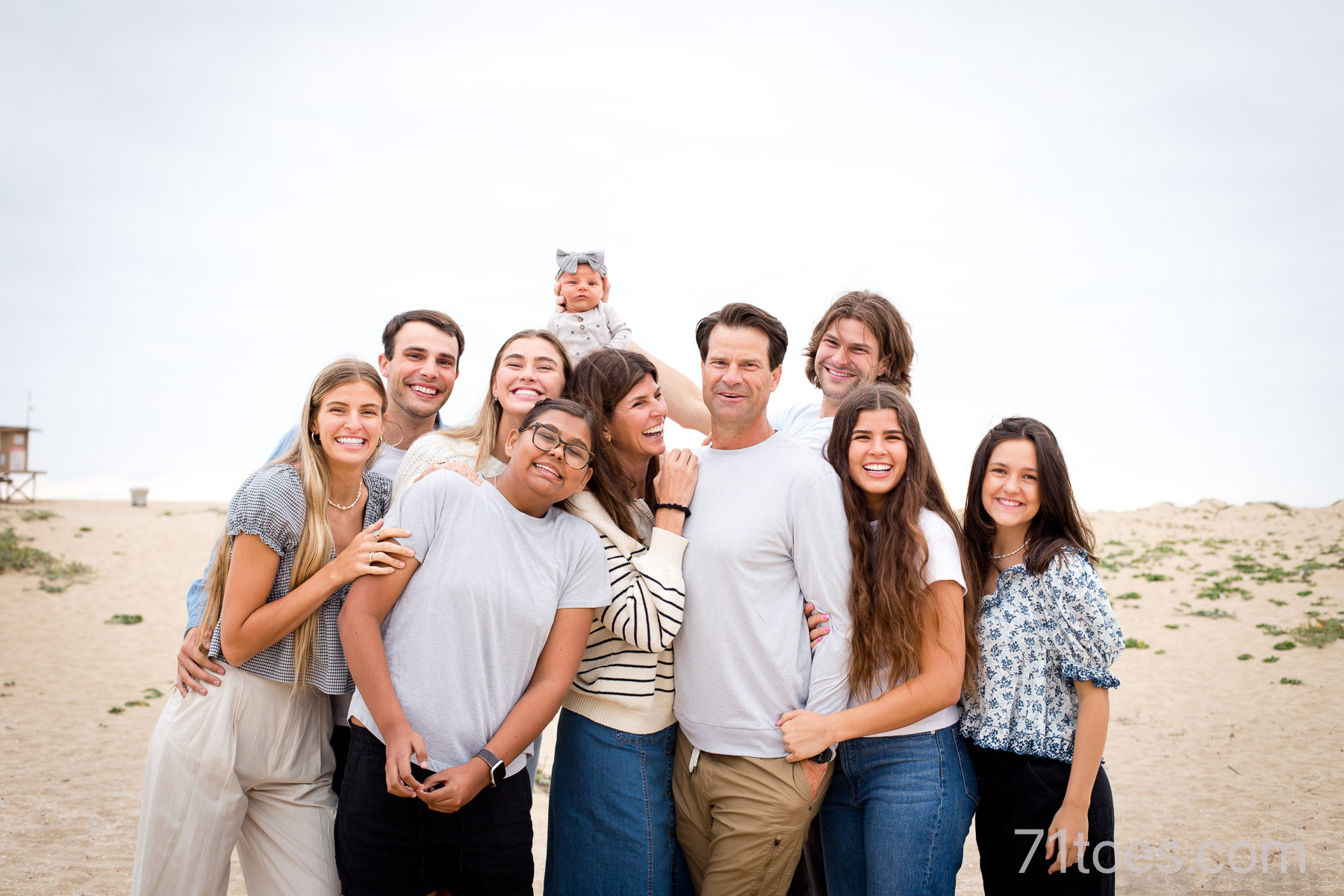
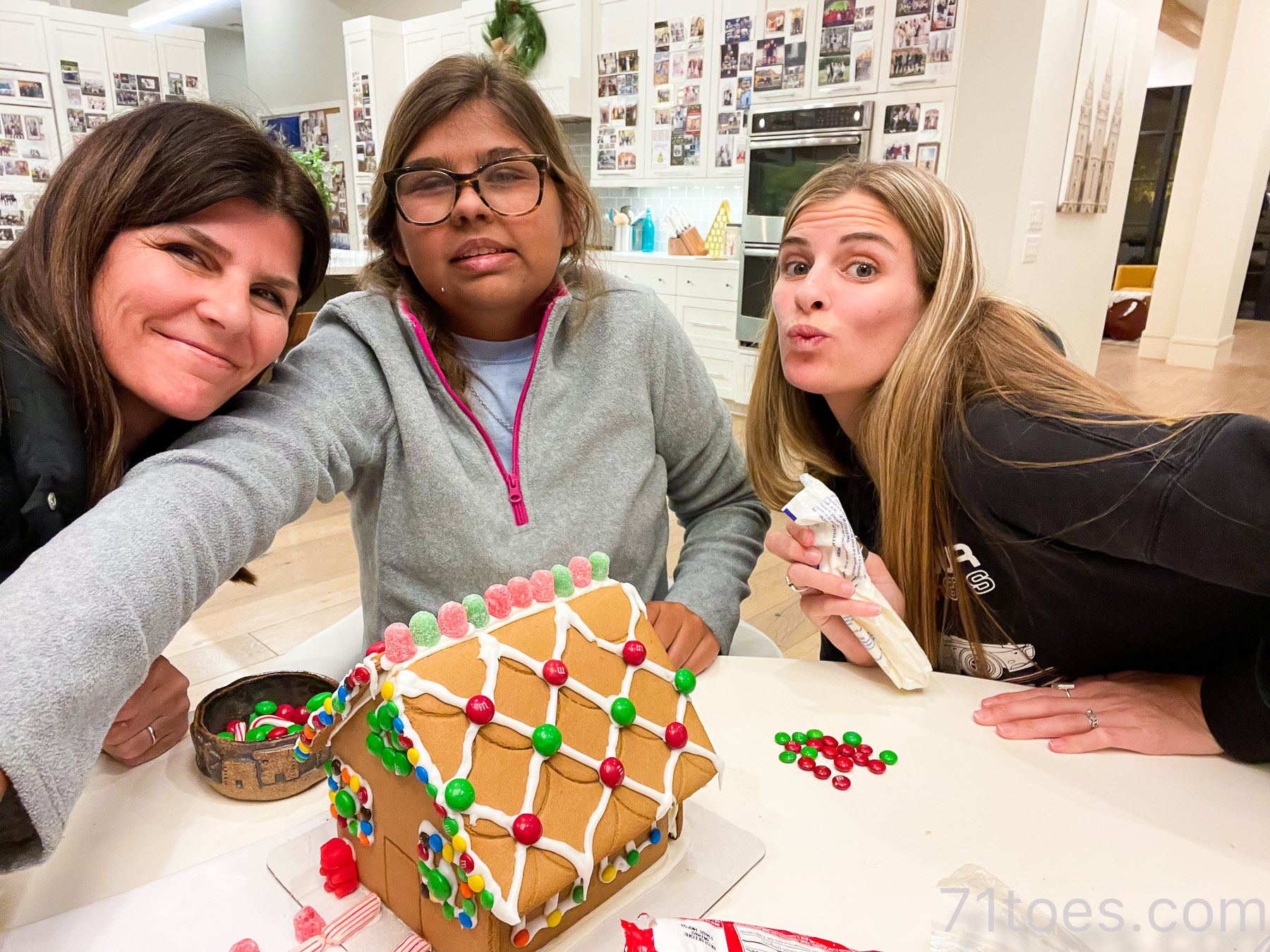
That must have been one tough conversation for both you and Lucy. The internet is pulling for her!! Thanks for all you do in publicizing rare diseases.
Oh my heart hurts so bad for Lucy! My dad had a genetic disability and I grew up knowing I would likely get it. It frustrated my dad that I wasn’t preparing myself. I wasn’t learning how to give myself shots, I was being afraid around blood, all daily realities for this upcoming disability. Thought he got it at 7, I wouldn’t see this disability until I was 26.
I do not regret not preparing. To be honest, just seeing my dad model things was preparing me. When I look back on the years I ignored the inevitable, I am so grateful for that time. For those years, I got to live in blissful ignorance of needles and all the math and all the blood.
Of course, Lucy is having this come gradually. My condition was day and night. So I did not have to discern anything. It was decided for me. I do not think she will regret having a few more days, weeks, months, of not having a para, of living just a bit more “normally” while she can.
As a parent of a child with a rare set of birth defects known as VACTERL Syndrome, I am right there with you about raising awareness. When Sean was school-age, the school district did not want him to attend school with them. They did not like the fact he had a feeding tube and all these doctor appointments. They did not like it when he would attend school one day and be out sick for weeks on end. I didn’t like it. We ended up home schooling until he was 12 and even then, the school district did not want him attending. He was born without an esophagus and even though he has a section of his colon as his esophagus, he ran, and still does, the risk of choking on any foods. They did not want the liability. I get that, but he was in a place where I could no longer teach him. He was beyond my abilities. It was hard enough to let him go back to traditional school, but the school district psychologist observed him and tested him. She advocated him for him since he was even beyond his teachers. He was given a tablet for writing since his hands are slightly deformed…enough to make writing tiring and slow. He was given a para who was there to help out with writing and monitoring his health. She ended up being wonderfully involved with him and it was through her we discovered Sean was Autistic . Sean thrived in school and most teachers were wonderful. One honors teacher ended up getting a hold of a college text books to teach Sean since he was beyond his classmates. Because of Sean, other students with medical issues and Autism were given tools to make like better for them. They would be these students in a classroom for the day without teaching them…just watching movies. They learned they are smart too. Sean is 22 and while won’t live on his own, he is forever learning and my personal assistant. He has out lived what the Doctors said and is one of the healthiest VACTERL people out there. There is only 2,000 worldwide with young childhood being difficult and then again as young adults since most adult medical professionals have never seen or dealt with it. Very little research is being done and so far no genetic link has been found. They tend to be small people who struggle with many issues throughout life. Surgeries help, but not entirely. Sean struggles with his lungs, stomach/digestive and swallowing. He can not tolerate heat…we live in the desert, but have AC. He has had dozens of surgeries before 8yrs old and has spent so much time in the hospital, it is our 2nd home. Now we are transitioning to adult doctors and I am terrified since not a single one of his new doctors have seen a VACTERL patient. time to educate!
Is she doing any Special Olympics? Is she is any classes with other kids with a one on one? Any activities with other kids with IEP’s? Do you interact with these other parent’s? Sometimes you just have to be content with managing and not fixing. Fixing can be overwhelming and not always the priority. Independent can mean different things to different people. I’d be overwhelmed if I were her too. How your family defines independent is way off the charts for typical kids for activity and age.
Have you read, And there was Light, by Jacques Lusseyran? I think you’d live it! He was a French author and policial activist and he was blind. It’s a beautiful story full of hope and truth.
Love this. She’s so lucky to have you and we’re so lucky to be able to know her story.